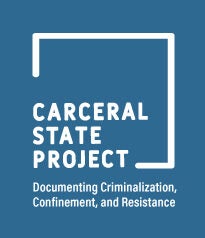
Documenting Prison Education and Arts examines the creative expression of people incarcerated in the state of Michigan and their free world collaborators, through writing, art, music, and performances, to understand the critical role of creativity in carceral institutions and the role this plays in political resistance and the imagining of a more just future. It also engages with arts collaborations between the University of Michigan community and incarcerated people.
Our primary research materials are the art and writing collections of the Prison Creative Arts Project (PCAP), a curricular program at the University of Michigan that facilitates creative arts programming in Michigan correctional facilities. Since its inception in 1990, PCAP has collected thousands of pieces of art and hundreds of pieces of writing created by incarcerated artists and writers. Additionally, music faculty and graduate students at the university have composed original choral pieces inspired by the poetry published in PCAP’s Michigan Review of Prisoner Creative Writing. These choral compositions are being performed and recorded by current and former students and faculty at the university. This sheet music and recordings of these performances are also part of the archive.
The Documenting Prison Education and Arts collection bears witness to experiences of incarceration in many forms. It also makes critical contributions to our understanding of resistance among those who are incarcerated and their collaborators, the resilience of humanity and human expression, and the innovative art making and intellectual production that happens within and across the walls of carceral institutions.
Research Publications
Living on Loss of Privilege: What We Learned in Prisons
Living on Loss of Privilege is an eleven-part video series featuring the stories of formerly incarcerated people who share the lessons they learned in prison in the context of the Covid-19 pandemic and quarantine. The series premiered on June 12, 2020, and was initiated by Patrick Bates and Cozine Welch, formerly incarcerated artists and Documenting Prison Education and Arts team members. Click here to view the Living on Loss of Privilege series.

Hip Hop, Poetry, and the Carceral State

Hip Hop, Poetry, and the Carceral State examines incarcerated writers’ use of hip hop writing and focuses on the work of two writers–Desmond Williams and James Adrian–who have both been published in the Michigan Review of Prisoner Creative Writing. It shows that for Williams, Adrian and many others, hip hop is more than just a genre of music or a style of writing. It is a political statement, a cultural expression, a historical record, and an important tool to resist the carceral state. Click here to read this feature.
Shots Fired: Meditations on Policing
In the Fall 2020 semester the students in Dr. Ashley Lucas’s “Latina/o Theatre for Social Change” class at the University of Michigan, Ann Arbor, chose to write and perform a play about policing. This online course follows the history of a select number of U.S. Latina/o and Latin American paradigms of using theatre for social change. Students in this class learn about Augusto Boal’s Theatre of the Oppressed, the actors of the Chicana/o Movement, guerilla theatre in forms used throughout Latin America, and activist U.S. Latina/o plays in mainstream theatres. Students develop their own original play at the end of the class and hold a performance at the end of the semester. The students decided in the wake of the activism surrounding the murder of George Floyd that they wanted to research various aspects of policing and write a play that would encourage audience members to think complexly about what policing is and how it affects people from different walks of life. Their play, entitled Shots Fired: Meditations on Policing, was performed on Zoom on December 7, 2020 at the online Prison Creative Arts Project (PCAP) community workshop—a virtual space where formerly incarcerated people, students, university staff, and other community members gather each week to engage in collaborative arts activities. This video includes a full recording of this performance and the discussion that followed.
Project Team

Ashley Lucas
Professor of Theater & Drama/Residential College, DCC co-PI, Co-Director DPEA Team. Ashley Lucas, who served as co-PI of Documenting Criminalization and Confinement from 2019-2021, is the co-director of the Documenting Prison Education and Arts team and former director of the Prison Creative Arts Project at the University of Michigan. Her book Prison Theatre and the Global Crisis of Incarceration (Bloomsbury, 2020) examines how incarcerated people all over the world use theatre to advocate for themselves and improve their lives.

Nora Krinitsky
DCC/CSP Project Director (2019-2021), RC Lecturer, Co-Director DPEA Team. Nora Krinitsky is Director of the Prison Creative Arts Project and Lecturer in the Residential College at U-M. She is a historian of the modern United States and specializes in urban history, African American history, and the history of the American carceral state. She earned her Ph.D. from the Department of History at the University of Michigan in 2017. Professor Krinitsky is co-director of the Documenting Prison Education and Arts team and a contributor to the Conditions of Confinement team. She served as Project Director for Documenting Criminalization and Confinement from 2019-2021.
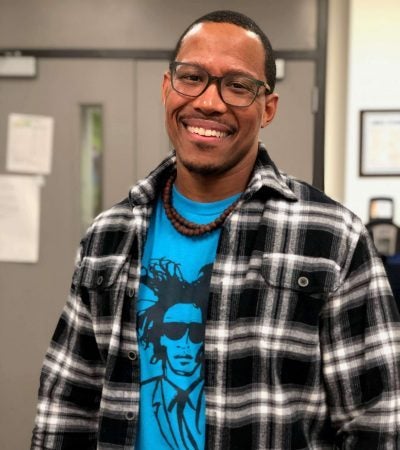
Cozine Welch
Community Researcher. Cozine A. Welch, Jr. is a formerly incarcerated poet and educator. His work has been featured in The Michigan Quarterly Review, Plough Quarterly, the Periphery and eleven consecutive volumes of the Michigan Review of Prisoner Creative Writing, where he served as Managing Editor. Cozine is also the former co-instructor of the Atonement Project and the Theatre & Incarceration courses at the University of Michigan, classes that focus on restorative justice, reconciliation, atonement, and the role the arts play in healing and rehabilitation. Starting in spring 2020, Cozine has served as the executive director of A Brighter Way, a 501(c) nonprofit that focuses on providing mentorship and wraparound services to those formerly incarcerated in Washtenaw County.
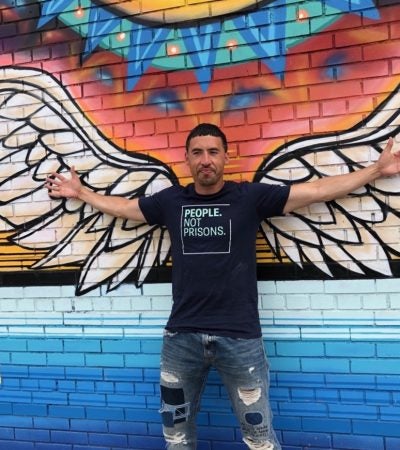
Patrick Bates
Community Researcher for Documenting Prison Education and the Arts and Confronting Conditions of Confinement. After spending his life inside correctional facilities across the state of Michigan, Patrick Bates came home to change a pattern of systematic slavery and death by incarceration. He has worked on several projects with various organizations based on reforming and abolishing a system of which he was a victim. The advocacy groups with which he has worked include the University of Michigan Carceral State Project, #UMBehindBars, Prison Creative Arts Project, and American Civil Liberties Union.
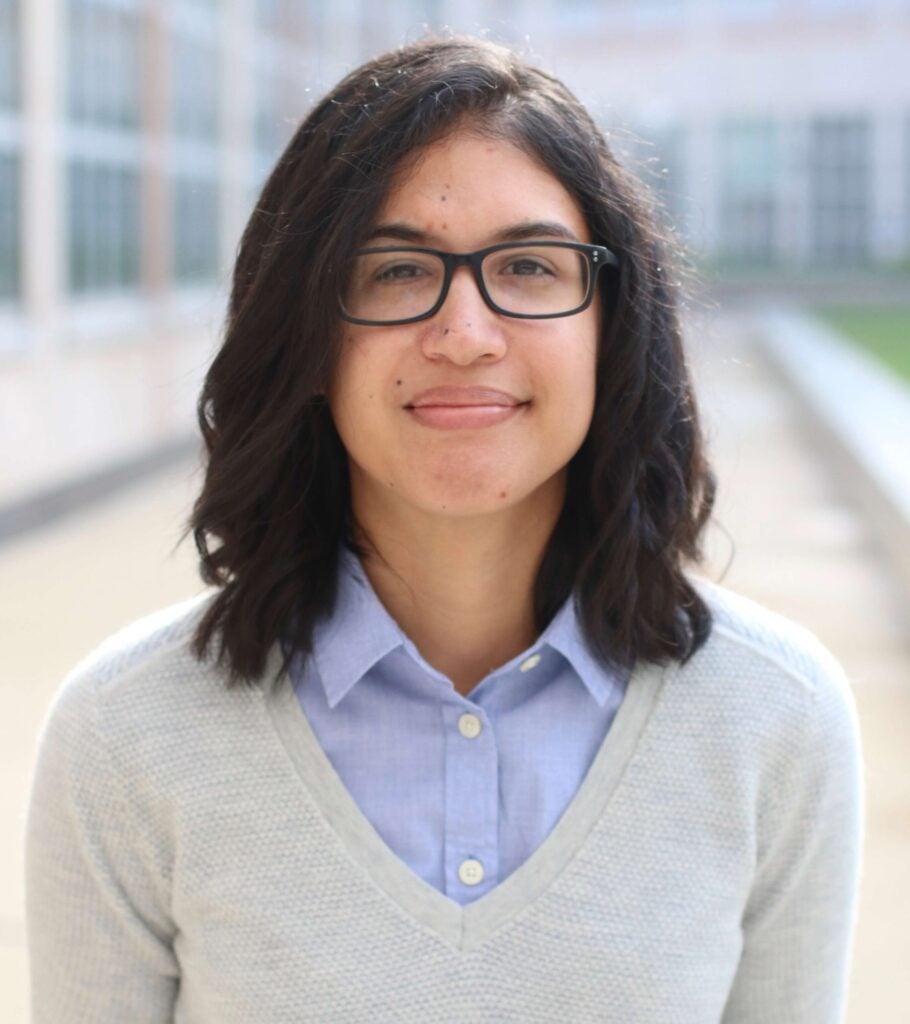
Julia Barron
M.S. Student (Psychology). Julia Barron is a Developmental Psychology graduate student at the University of Michigan and holds a B.A. in Psychology and English Literature. Her interests focus on issues of access and building equitable education systems for underrepresented communities. As a member of the Prison Creative Arts Program (PCAP), Julia has worked with youth in an all-male juvenile detention center in the greater Grand Rapids area.
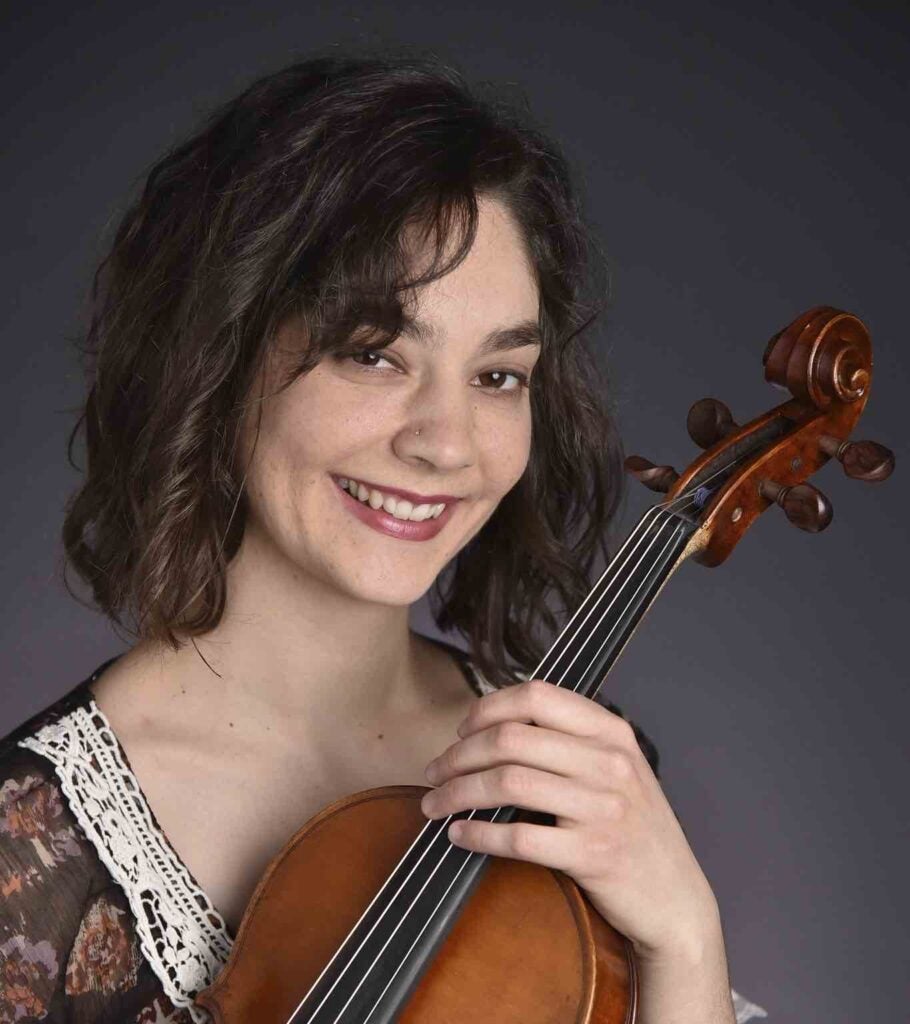
Alexandra Friedman
M.A. Student (Social Work/Music). Alexandra Friedman is a graduate student pursuing dual master’s degrees in Social Work and Viola Performance. Her primary focus of study is on how music can be a tool for community development. As a member of the Documenting Prison Education and Arts team, Friedman has worked on documenting music making and creative practices in Michigan prisons.
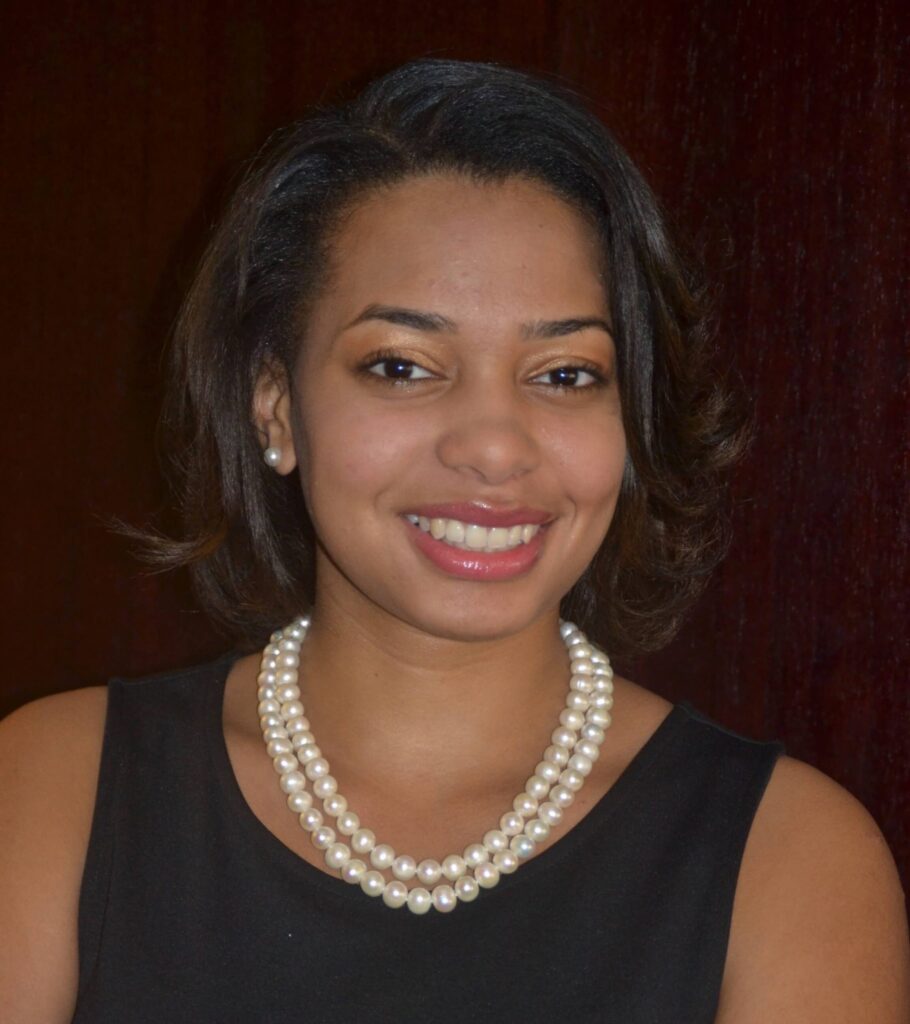
Bridget Grier
JD Student (Law School). Bridget Grier is a law student at the University of Michigan and has a B.A. in African American & African Studies from Mount Holyoke College. She is interested in the connections between legal systems and creative expression. Prior to law school, Bridget was the project coordinator for Clemency Project 2014, a working group formed in response to President Obama’s federal clemency initiative. Later, she worked for the University of Michigan Museum of Art (UMMA) as a collections researcher and the Smithsonian Associates in education and cultural programming. At the University of Michigan, Bridget has served on UMMA’s Student Engagement Council and on the boards of the Art, Museum and Cultural Heritage Law Society and the Black Law Students Association.
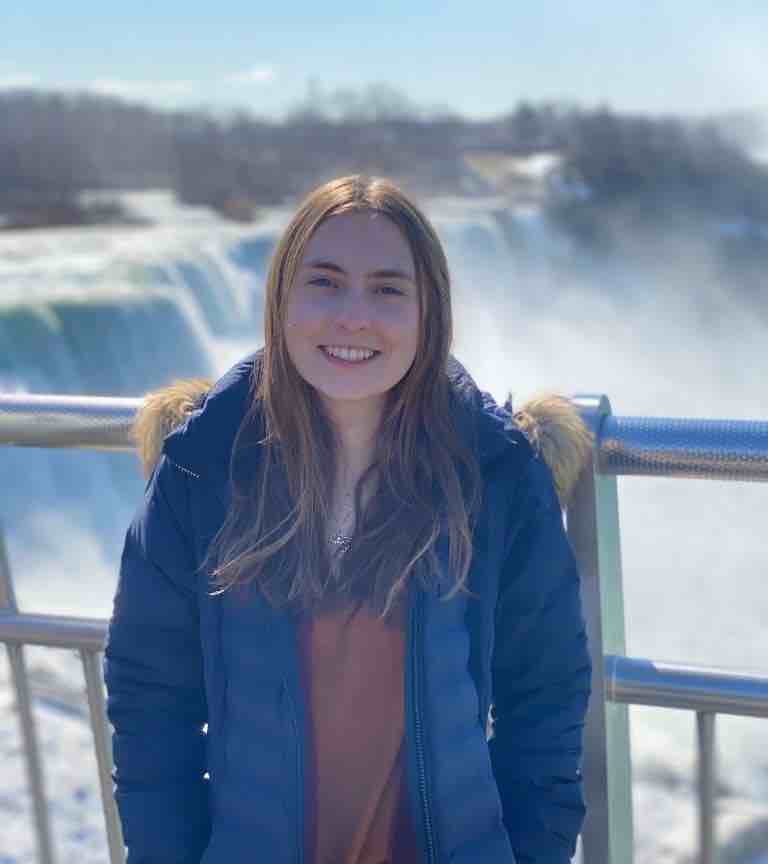
Chloe Halprin
Undergraduate Student (Spanish/Sociology). Chloe Halprin is an undergraduate student from Huntington Woods, Michigan, double-majoring in Spanish and Sociology with a minor in English. Through her work with the Documenting Prison Education and Arts team, Chloe has compiled metadata about past issues of the Prison Creative Arts Project’s (PCAP) Literature Review, as well as conducted interviews with individuals involved with PCAP’s literary work, including students, faculty, community members, and published writers. Chloe is interested in pursuing a career in nonprofit or legal work that aims to serve immigrant and Latinx communities.
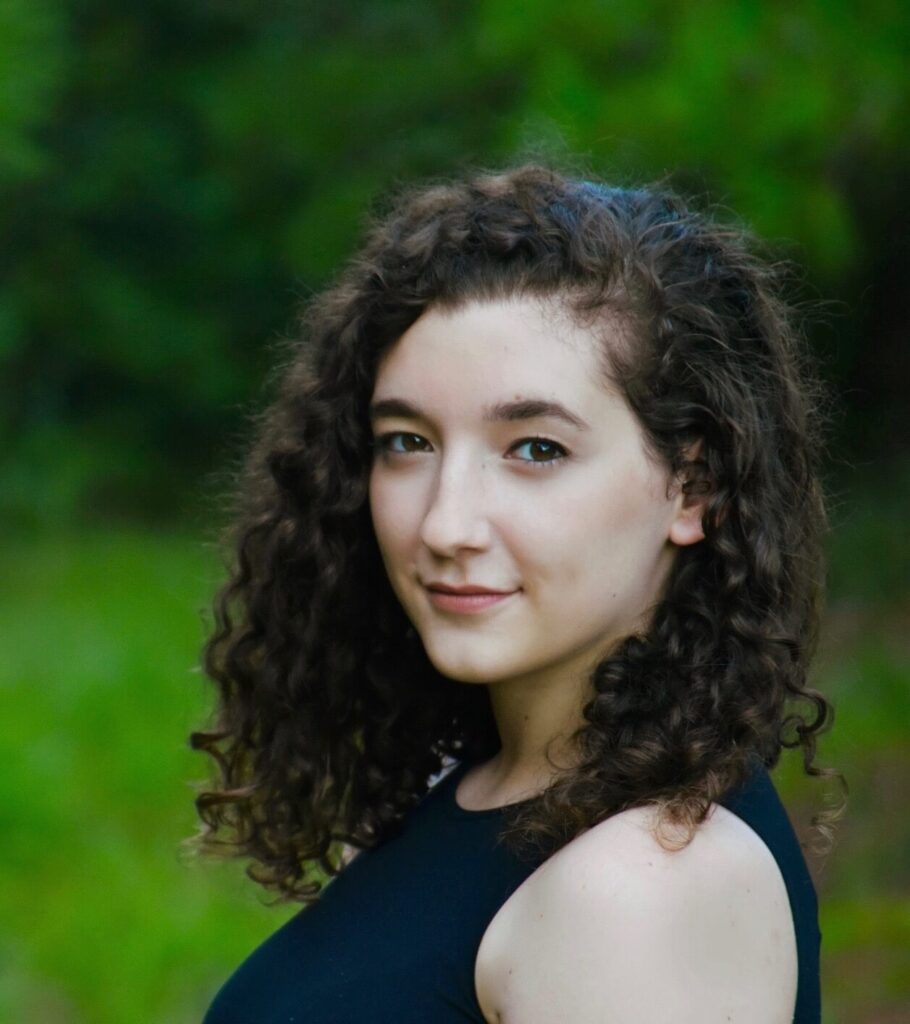
Alyssa Baginski
Undergraduate Student (Evolutionary Anthropology). Alyssa Baginski is from Wilmington, NC and is majoring in Evolutionary Anthropology. She has served as a Student Curator for the PCAP Art Exhibit since 2019 and is working on archiving the PCAP art database for the DPEA team. Alyssa also serves as a volunteer for the University of Michigan Medical System within the Hospital Elder Life Program, doing physical and mental therapy with patients at risk for Delirium. After completing her undergraduate degree, she plans on pursuing a a medical degree with hopes of entering the surgical field.
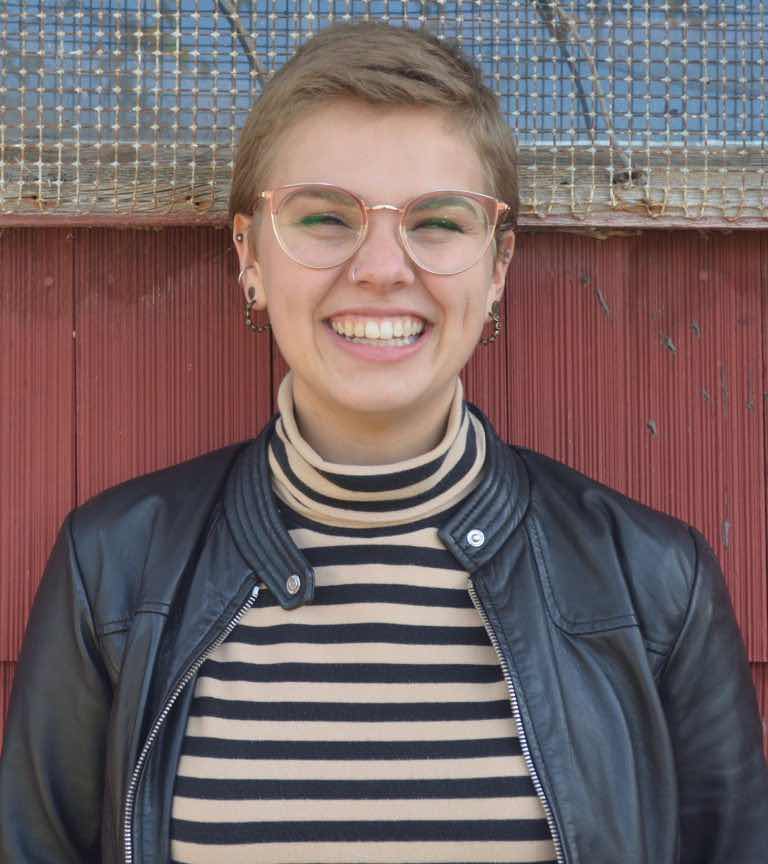
Hannah Agnew
Undergraduate Student (Sociology). Hannah Agnew is from Clarkston, Michigan and is majoring in Sociology and minoring in Crime and Justice. She is the President of the Student Executive Committee for the Prison Creative Arts Project and for the past two and a half years has co-facilitated the Sisters Within, the longest running theatre workshop in a women’s correctional facility in the United States. In Fall 2020, she will begin her Masters in Social Work at the University of Michigan where she will continue her time with the Sisters and focus her studies on how best to support incarcerated women/women at risk of incarceration.
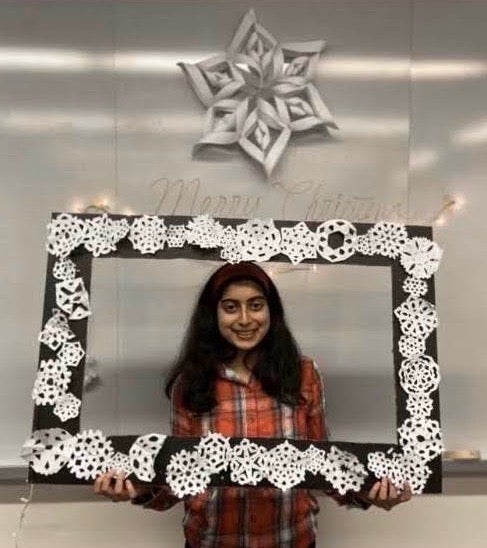
Vanita Seed
Undergraduate Student (Psychology). Vanita Seed is from Troy, Michigan, and plans to pursue a career in journalism. On the Documenting Prison Education and Arts team, Vanita has been compiling metadata for the Documenting Criminalization and Confinement database and collecting information about PCAP Literature Review staff and writers via interviews and archival data.

Sriram Papolu
Undergraduate Student (Behavioral and Biological Sciences). Sriram Papolu is a filmmaker currently based in the metro Detroit area. His work consists of case study and character driven films about individuals becoming better versions of themselves and helping to create a better world. He believes that just like the characters in every great movie, we must all dig deep within ourselves to uncover the truth of our lives and the world around us. Only then can we express and share the divine beauty, joy, and energy dancing within our souls.
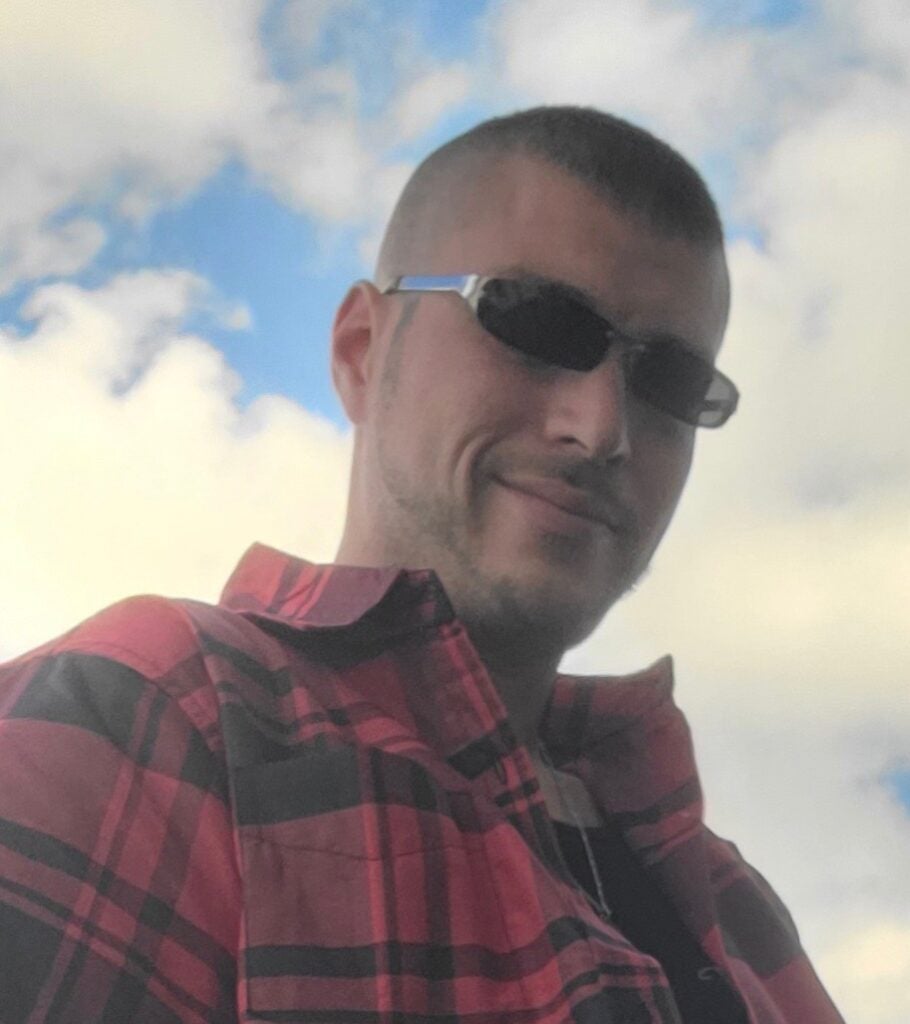
Adam Kouraimi
Undergraduate Student. Adam Kouraimi was born and raised in Saginaw, Mi, and is currently studying film production through both Washtenaw Community College and the University of Michigan’s Undergraduate Research Opportunity Program. He was incarcerated at the age of 15 and spent 19 years in prison during which he spent a lot of time making connections with organizations like the Prison Creative Arts Project, A Brighter Way, the Youth Justice Fund, and others. Through his work as a Production Assistant on the LOP video series team, Adam hopes to empower those who may feel helpless. He believes everyone has a spark of greatness in them and the strength to overcome any situation they encounter and believes the LOP video project will help people do just that.
